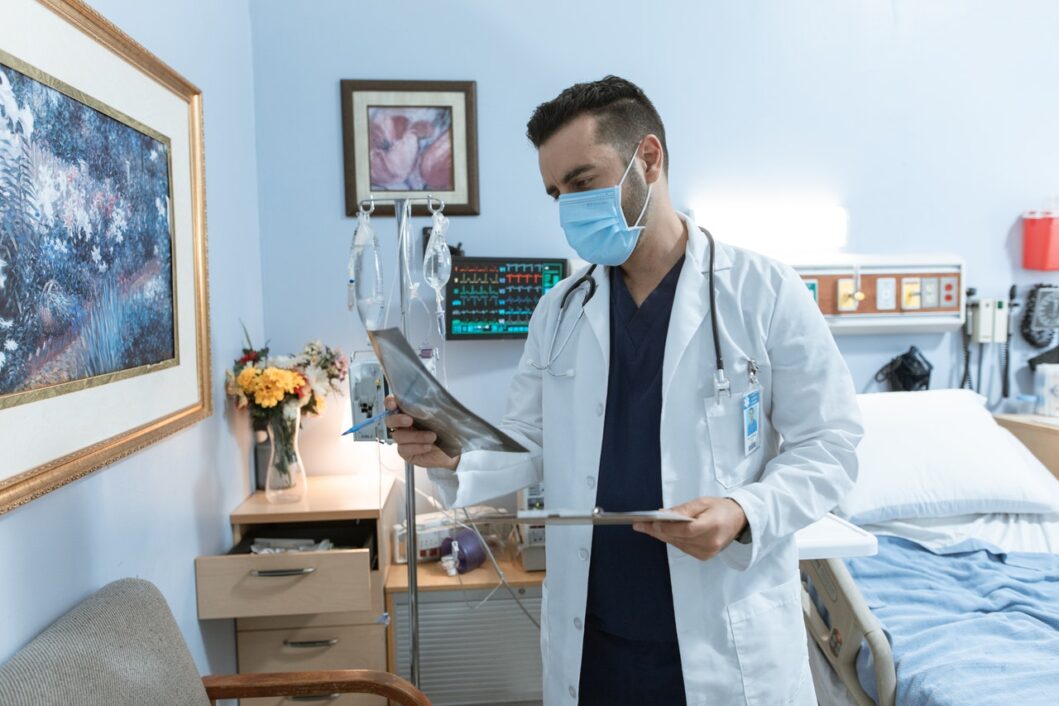Emotional Intelligence
Whether you’re a nurse or a surgeon, you’ll have to engage with your patients every day. Even in times of extreme emotional stress, medical workers must maintain compassion and subtlety. Relaying poor medical news to patients’ relatives is a big part of your job, and you’ll require emotional maturity to stay level-headed and professional. Try to envision how you would feel if a doctor told you that your wife or husband was dying of an illness to develop your emotional intelligence. Consider how you’d behave and what you’d like someone to say in that situation. Imagining yourself in various situations will assist you in responding appropriately to the scenario when the time comes.
Teamwork Skills
To function, all medical professionals must work as part of a well-oiled team. If one of the cogs is broken or loose, it might lead to a cascade of inaccurate information or stalling, which can harm your patient. Even before you decide to pursue a career in medicine, you’ve seen that a group of nurses, doctors, surgeons, and technicians are continuously exchanging information. The capacity to communicate with and form relationships with your coworkers and peers is crucial since it promotes a pleasant working environment every day. Even if your patient is sick, they can sense when something isn’t working or a lack of communication. If you have a problem with a teammate, make sure you talk about it privately.
Resilience
All medical workers face the challenging task of making someone who is already unhappy, unwell or dying feel better. If you work at a hospital, you’ll probably have a lot of unpleasant days, and being able to persevere in the face of adversity will help you. You’ll be more likely to consult with more patients if you’re resilient. Being easily shaken by things isn’t necessarily a bad trait but being paralyzed by a poor experience might severely impact your career. To be a valuable member of the medical team, you must learn to moderate your judgments and sensitivities. Resilience should come naturally as you are more comfortable with your job.
Problem-Solving Skills
To develop the best treatment alternatives, medical practitioners must think and respond quickly and use their mental Rolodex of symptoms and diagnoses. A human can suffer from an almost endless number of disorders, some of which are unusual or difficult to diagnose by testing. As a result, being a natural problem solver is advantageous. Many of your upper-classmen or professors may test you on what ailment a patient might have during your training. You must be as precise as possible as a medical expert because giving your patient the wrong drug or therapy could be fatal. You’ll be a fantastic doctor, nurse, technician, or surgeon if you’re quick on your feet.

